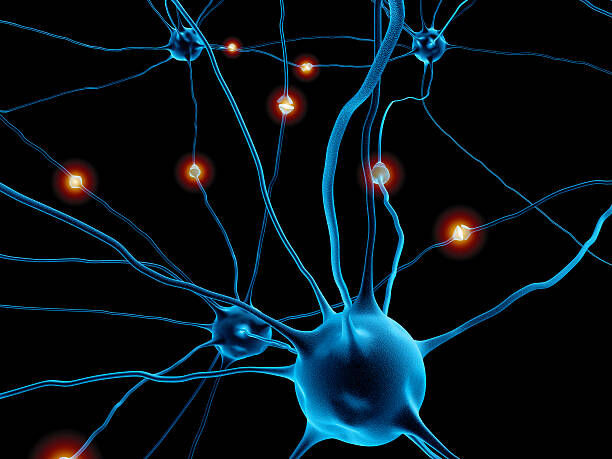Why Do People and Animals Think Differently?
 Image by Getty
Image by Getty
Despite us loving them dearly, there are clear differences in both the brain capacity and activity of animals and humans. Much of the built-up world around us has been shaped by humans while the animals beaver away in the background. But do we really know why this is the case, and why we are on different intellectual levels?
Scientists have probed the intelligence of animals and people and found that the human race has more neurons in its brain. We, as people, are also able to make better use of the neurons that we have.
How Does the Brain Communicate?
The neurons in a human brain have a better idea of how to achieve the tasks that are asked of them than those in a creature’s brain. They act in their own best interests, making them much more focused.
Neurons are also connected into networks, by transmitters called dendrites. The dendrites allow communication between neurons which establishes thought processes, uses past experiences and tells a person how to act. However, the signals that a dendrite sends out decrease in strength the further they travel.
This issue of dendrite length and signal strength has been the subject of decades of research. When scientists compared the two factors in rats and humans, a picture emerged of the differences in intelligence between the two species. Human dendrites were much longer because the outer layer of the brain is thicker. In humans, this outer layer makes up three-quarters of the brain’s mass. In rats, it makes up less than a third.
Although there was a clear difference in the size and mass, the operational activities of the two were not so different. Each had several coverings of neurons, with dendrites communicating between them.
Comparing the Two
Further research into dendrites has shown how signals sent by them reach their destinations. With the outer layer of the brain being thicker in humans, the dendrite needs to be longer, and so its signal was weaker than in rat brains.
The behavior of these neurons is the difference in intelligence between the species, which has still not been fully determined. The same research also highlighted how electricity moves differently in the brains of people and animals, and while it has answered some of our questions, we still don’t know the whole story of how our brains work compared to animals’.
Related posts

Your Zodiac Sign Can Help You Design Your Dream Home
All of us strive to have our own serene spaces and hope that our homes become that space. However, its quite hard to explain why sometimes, we just can't get that magical feeling that we long for. For

Each Zodiac Sign Has Its Preferred Love Language - What's Yours?
No matter what language you speak, everyone speaks the language of love. Although many of us like to hear how much we are loved and appreciated, there are also other ways to express love, whether it's


